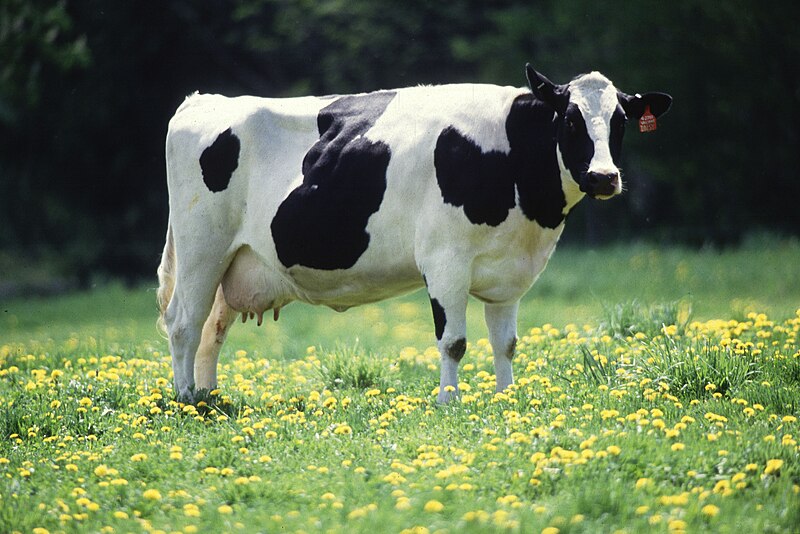 After the last post, a colleague suggested that it might be helpful to highlight a few of the dangers of raw milk. So, here's a brief resume.
After the last post, a colleague suggested that it might be helpful to highlight a few of the dangers of raw milk. So, here's a brief resume. Drinking raw milk or eating products made from raw milk (e.g., cream, soft cheeses, yogurt, ice cream) can be dangerous if the unpasteurized milk is contaminated with any of a number of pathogens, including Salmonella spp., Escherichia coli, Campylobacter, and Listeria.
Salmonella spp. bacteria can cause diarrhea, fever, and abdominal pain. Most people recover without treatment, but some require hospitalization. Recent outbreaks of salmonellosis associated with raw milk include those in Chester County, Pennsylvania, in December 2012 and Texas, in 2010-2011.
Escherichia coli can cause a spectrum of disease, including diarrhea and fever, and can progress to bloody diarrhea, dehydration, and hemolytic uremic syndrome (HUS), a severe complication which can cause kidney damage and death. Small children are especially susceptible to HUS. There were outbreaks from raw milk in California in 2006 and Tennessee in 2013.
Campylobacter jejuni can also cause diarrhea, cramping, abdominal pain, and fever. The diarrhea may be bloody and can be accompanied by nausea and vomiting. Cases of campylobacteriosis associated with raw milk consumption were observed in Pennsylvania in 2013.
In fact, Pennsylvania has had several outbreaks of salmonellosis and campylobacteriosis in recent years, including recurrent outbreaks associated with the same producer dairies. A recent MMWR noted:
Repeat outbreaks from raw milk producers are not uncommon and not limited to Campylobacter. During 2005–2013, Pennsylvania experienced 17 salmonellosis and campylobacteriosis outbreaks associated with retail raw milk. Five producers had more than one outbreak during that period. Bacterial contamination of raw milk can occur even under optimal conditions; seasonal changes in bovine bacterial shedding or inadequate quality control during milk collection might contribute to outbreak recurrence. Findings here and elsewhere indicate that compliance with state regulations and increased producer awareness after an outbreak are insufficient to prevent future outbreaks.
Because of the dangers involved, Pennsylvania requires that menus in establishments serving raw milk and related products carry the following disclaimer:
Raw milk has not been processed to remove pathogens that can cause illness. The consumption of raw milk may significantly increase the risk of foodborne illness in persons who consume it -- particularly with respect to certain highly-susceptible populations such as preschool-age children, older adults, pregnant women, persons experiencing illness, and other people with weakened immune systems.Other states have similar requirements, but as I argued in the last post, it's important to understand why raw milk proponents don't heed the warnings. Only then can we conceive ways to reach out more effectively.
In the meantime, just say no to that raw milk latte.
(image source: Wikipedia)

